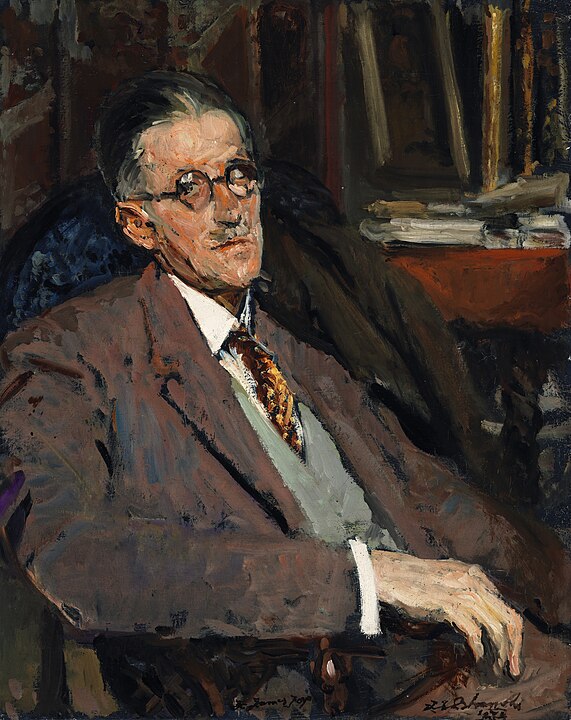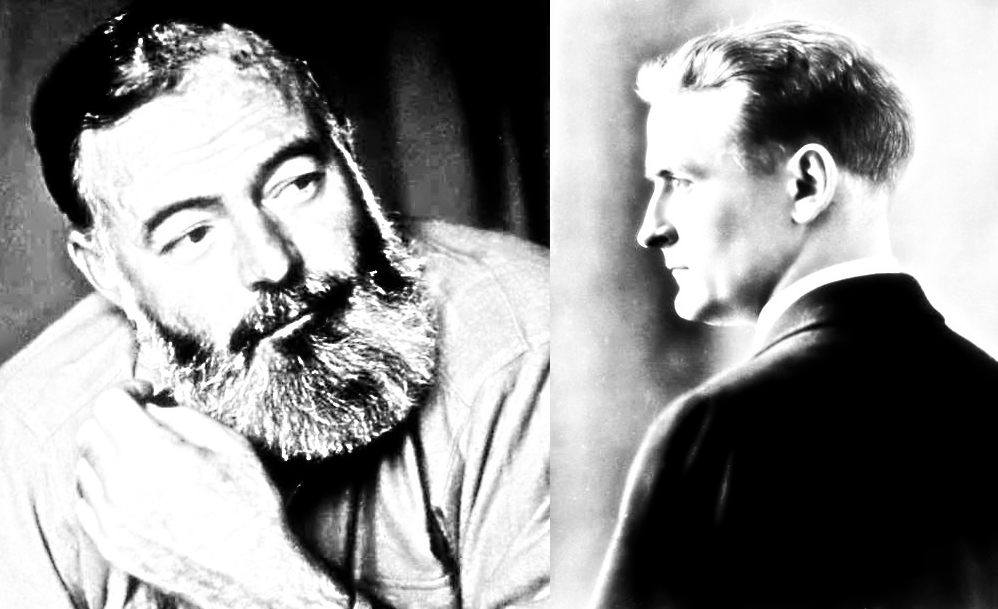“So I did not talk blood and insurrection to that man there who sat munching black bread with that abused and mistaught herd of human sheep, but took him aside and talked matter of another sort to him. After I had finished, I got him to lend me a little ink from his veins; and with this and a sliver I wrote on a piece of bark—
Put him in the Man-factory—“
Greetings! For today’s post, we are going to look at Chapters IX through XIII of A Connecticut Yankee in King Arthur’s Court by Mark Twain. Already, our hero Hank has travelled back in time to medieval Europe after being donked on the head, and he has now ventured into Camelot, becoming one of the most important and powerful people in society using his knowledge of the future (and technology).
In these next five chapters, we find that Hank Morgan’s attentiveness, intelligence, and goals begin to grow as he explores more of medieval Europe and sees exactly what kind of land and people he is sworn to oversee as The Boss. And things get grim.
Chapter IX: The Tournament
Hank muses on the amount of tournaments that the knights of the Table Round engage in and the strange spectacle of the whole affair. “A tournament nearly every week,” Hank thinks, and the knights push him to take part in the festivities as well; of course, he rejects these offers rather than be laid out by a skilled warrior in full plate.
The tournaments were “weeks gathering,” with some of them boasting over “five hundred knights” and the activities involved a good deal of bloodletting. The spectators, beautiful women in “barbaric splendors,” would watch men get cut down in engagement and would clap their hands. Hank is unsure of what to make of such a savage display of affection.
Additionally, Hank also upsets a knight after the lord overhears Hank speak ill of somebody else, who he mistakes as his own person. “…whenever one of those people got a thing into his head, there was no getting it out again” Hank tells us.
Sir Sagramor then intends to serve Hank for his remarks however intended; yet, Hank is bought some time as Sagramor leaves to look for the Holy Grail, naming the time and place for the duel in the future.
Chapter X: Beginnings of Civilization
A middling but important chapter as Hank tells us all he has done to make life easier for medieval society. Hank is satisfied with the work he has put into the society, as he saw to “training a crowd of ignorant folks into experts” using a sort of factory of education to produce intelligent, civically-minded people.
He states: “I had started a teacher-factory and a lot of Sunday-schools the first thing … I now had an admirable system of graded schools in full blast in those places…” (Twain). In other words, Hank was developing conscious workers who could think and rationalize, and people who would be effective in a more modern world. Certainly, in the very least, they would be people who could assist with a peaceful revolution.
Chapter XI: The Yankee in Search of Adventures
It is not long before Hank is sent on his own errand to kill some giants who were plaguing the countryside, even though it was quite evident that the story was not the case at all when evidence lacked in the rebuttal. That is to say, the whole country seemed to be big on tall tales and fibs.
Moreover, Hank thinks of how the people fail themselves by their lack of judgement: “Now you would think that the first thing the king would do after listening to such a novelette from an entire stranger, would be to ask for credentials…” And, yet, the medieval society of Camelot lacks the basic critical function of going a little deeper into questioning—and critically responding to false narratives.
Hank is then ushered off on his adventure with Sandy, the girl who claimed her story of giants and monster was true. However, Hank argues that it would be unseemly of him to go off with her as he was engaged…thirteen hundred years in the future. No matter, as Hank and his companion depart, he finds a few boys at the edge of the village who jeer and poke fun at him. Perhaps in reference to the knights as well, Hank states, “In my experience boys are the same in all ages.”
Chapter XII: Slow Torture
Hank takes to the road with his companion, which was an easy task as they found themselves in the country and “It was most lovely and pleasant in those sylvan solitudes.” He also experienced the beauty of the countryside, which featured “a song here and a quarrel yonder and a mysterious far-off hammering and drumming” of other animals; and he finds a few things unbearable: first, his armor is stifling and hot and getting comfortable on the road is nearly impossible, and furthermore his companion, Sandy, had “a flow of talk that was as steady as a mill, and made your head sore like the drays and wagons in a city.” Both calamities of perseverance are trying.
Chapter XIII: Freemen
Hank, after Sandy pours copious amounts of water into his armor, comes to a group of folk who are repairing the road. “They were as humble as animals to me,” Hank states, but he found none of them to be slaves or “chattels.”
Instead, he found them to be men of American ideology, as they could not “prepare their own bread, but must have their corn ground and their bread baked at his mill (their lord’s)” and they couldn’t “sell a piece of their own property without paying him…” The Freemen lived in Gilded Age business without knowing it, Hank surmises. Here, Hank finds more people for his “Man Factory” for retraining the minds of the peasants as the Freemen agree with him about a more just society.
Analysis
In these chapters we find Hank philosophizing about the nature of a community and the nature of a kingdom. By retraining the citizens of medieval Europe, he is trying to better the lives of a people under an unfair and inequitable future.
Additionally, Hank ventures out into the world on the whim of the Round Table, but also runs into the realities of the society of the time—pain and slow torture at the hands of modern commodities, and pain and torture at the hands of uncaring lordships.
The freemen work without pay, with only labor, and only work to give their piece back to their masters. Every harvest, every acre sold, a lot more than a little goes back to the lords. With that said, Hank finds some willing participants in his grand experiment of new society where man is represented and has a say in his destiny.
Works Cited
Project Gutenberg. (n.d.). A Connecticut Yankee in King Arthur’s Court. The Project Gutenberg eBook of A Connecticut Yankee in King Arthur’s Court, by Mark Twain. https://www.gutenberg.org/files/86/86-h/86-h.htm








Leave a Reply